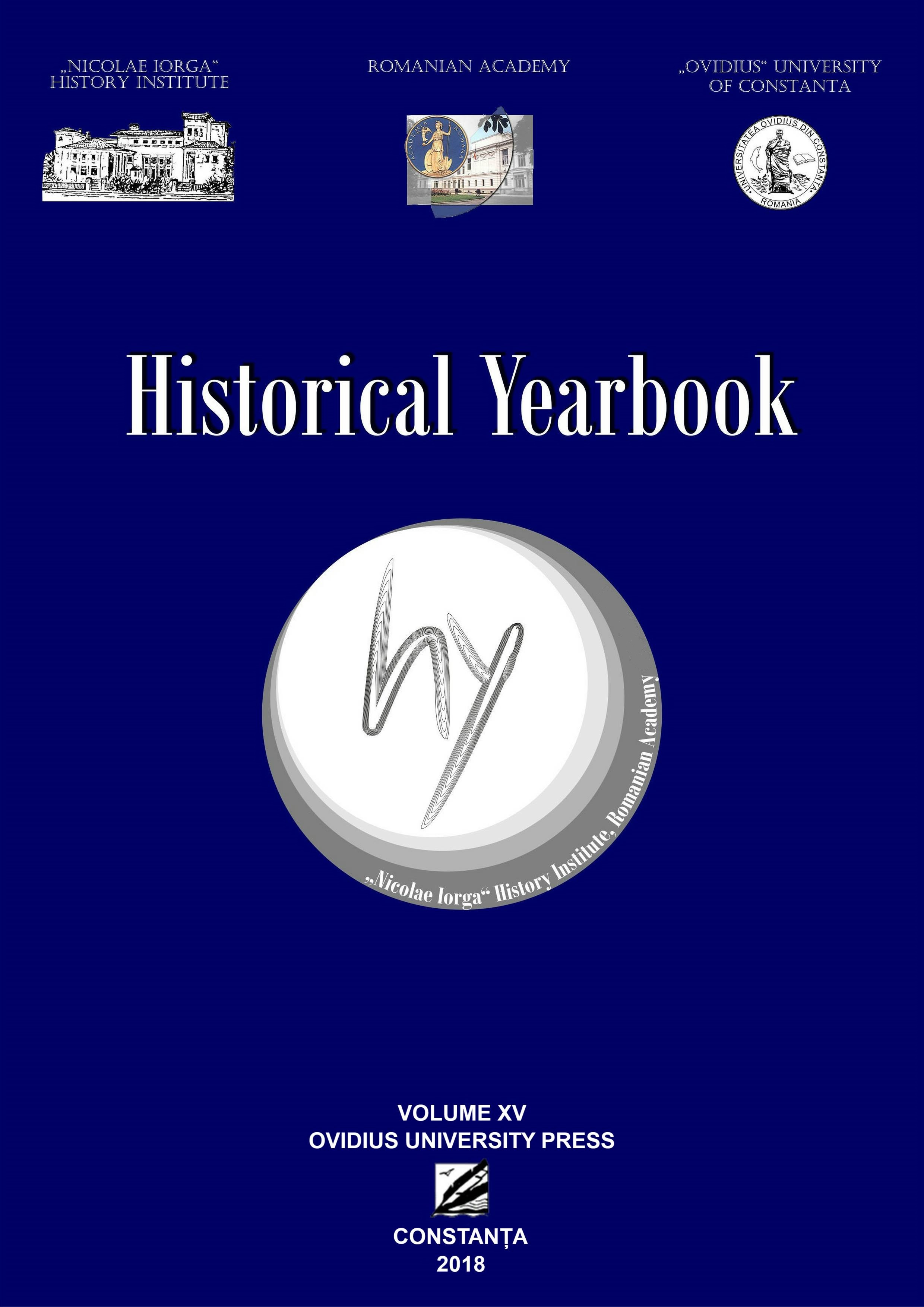STRATEGIC SECOND HAND PARTNERSHIP:
THE COMMUNIST PROPAGANDA AND THE BEGINNING OF ROMANIAN-POLISH RELATIONS (1945-1946)
STRATEGIC SECOND HAND PARTNERSHIP:
THE COMMUNIST PROPAGANDA AND THE BEGINNING OF ROMANIAN-POLISH RELATIONS (1945-1946)
Author(s): Florin AnghelSubject(s): History, Diplomatic history, WW II and following years (1940 - 1949)
Published by: Ovidius University Press
Keywords: Romanian-Polish relations; USSR; Stalin; Interwar Strategic Partnership; Communist diplomacy;
Summary/Abstract: Officially, on August 13th 1945, Romania and the Provisional Government of National Union (constituted in Lublin on July 22nd 1944 by the Communists and USSR) have decided to resume the Romanian-Polish diplomatic relations interrupted on October 28th 1940. Nevertheless, being only a solution imposed by USSR, the evolution of such after 1945 did not have the amplitude, closeness nor the importance of the relations during the interwar period.The repudiation of the remembrance of interwar strategic alliance relation - a friendship grounded on the regional common interests, on the mutual trust of the heads of the two states and on the common frontier on Ceremuş river – was rapidly fueled, after the war, both by the interests of Moscow and by the distinct concerns of the Communists in Warsaw, as well as by the confusion and uncertainty of the Romanian political decision makers from 1944-1947.The political structure could not have helped much in setting a relation of confidence: year 1946 is one of bringing Communism to Poland, of introducing the Soviet institutional model, while Romania, still a constitutional monarchy, was marching rapidly towards the communism yet it was also maintaining enough relics of democracy. The traditional political parties, King Mihai, the opposition press, all these aspects long disappeared from Warsaw could still be found, fragmented, in Bucharest.Up to the outburst of the Second World War Romania’s relations with Czechoslovakia, Yugoslavia and Poland were defined as strategical and were represented by a traditional course of foreign politics. At this moment, close to the opening of the Peace Conference, the Romanian Communists did not appreciate at all neither the tradition, nor the heritage of the alliance with Poland, educating the public in appreciating, in exchange, the good relations with Czechoslovakia and Yugoslavia. The diplomatic representative of Poland in Bucharest never appeared in the unofficial journal of the Romanian Communist Party. Yet the arrival of the heads of the diplomatic missions of Czechoslovakia and Yugoslavia have covered the first page, with detailed descriptions.The relation between Romania and Poland, reestablished in 1946, had irrelevant beginnings, mediocre not only comparing to what they had in common until 1939, yet also in terms of what the leadership of the communist diplomacy in Bucharest was creating as objectives and strategy inside the European Communist internment.
Journal: HISTORICAL YEARBOOK
- Issue Year: 15/2018
- Issue No: XV
- Page Range: 74-89
- Page Count: 17
- Language: English
- Content File-PDF

